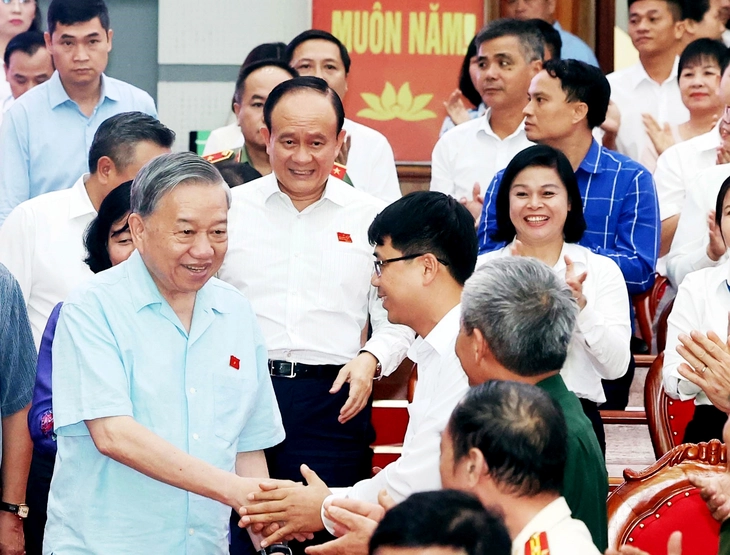
General Secretary To Lam and members of the National Assembly Delegation of Hanoi City and Constituency No. 10 met with voters in 9 communes - Photo: VNA
Accordingly, at the commune level, it has been implemented very basically, at the provincial level it will continue to be implemented and in the future there will no longer be a provincial party secretary who is a local person.
According to the General Secretary , this policy is currently applied to the positions of secretary, police director, chief judge, chief prosecutor, and in the near future will be considered to expand to the position of chairman of the People's Committee, head of the inspection committee, and chief inspector.
The synchronous implementation of this policy will ensure objectivity and transparency in leadership, limiting negativity and localism.
* Delegate BUI HOAI SON (member of the Committee on Culture and Society):
Building a leadership system that is honest, objective and transparent
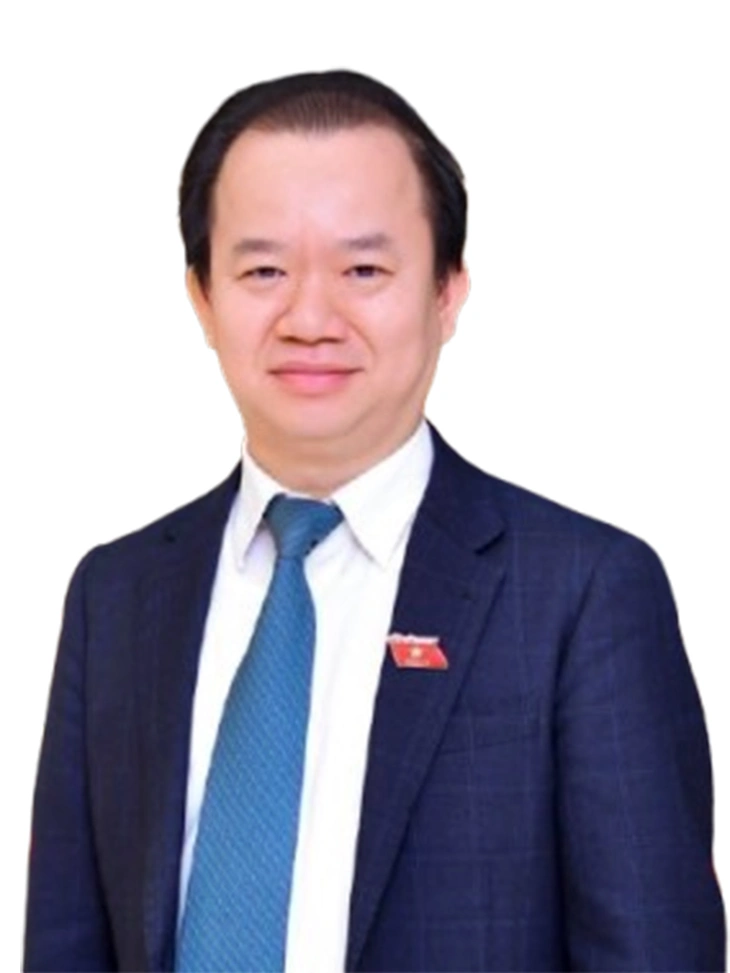
Recent practice shows that in some localities, due to locality and intricate family and kinship relationships, systematic violations have emerged, leaving serious consequences for both the economy and social trust.
Therefore, the policy of arranging 100% of provincial and municipal party secretaries to be non-local people and then considering expanding to non-local people's committee chairmen, inspection committee chairmen... is not just a simple personnel arrangement, but affirms the Party's strong determination in building an honest, objective and transparent leadership system.
One of the greatest values of the policy of "the secretary is not a local person" is to cut off the cycle of "family members becoming officials or the whole family becoming officials".
In management practice, there are many cases where local leaders are influenced by family, clan, and friendship relationships. As a result, the appointment and use of officials easily falls into a vicious cycle: favoring acquaintances, supporting relatives, and closing the door to those who are truly capable but have no "connections".
This is a dangerous form of "localism", distorting the principle of fairness and causing public discontent. When a secretary, chairman of the People's Committee, head of the inspection committee... are transferred from another place, they will be less affected by these constraints.
That creates a healthier public service space. Especially when a leader is no longer influenced by kinship, clan, or economic interests associated with their locality, they will have more opportunities to put the interests of the nation, people, and community first in order to serve.
From there, decisions will be decisive, fair and especially, not hindered by barriers of family and clan relationships.
* Dr. NGUYEN VAN DANG (Institute of Leadership and Public Administration, Ho Chi Minh National Academy of Politics):
Train, challenge and develop leadership skills
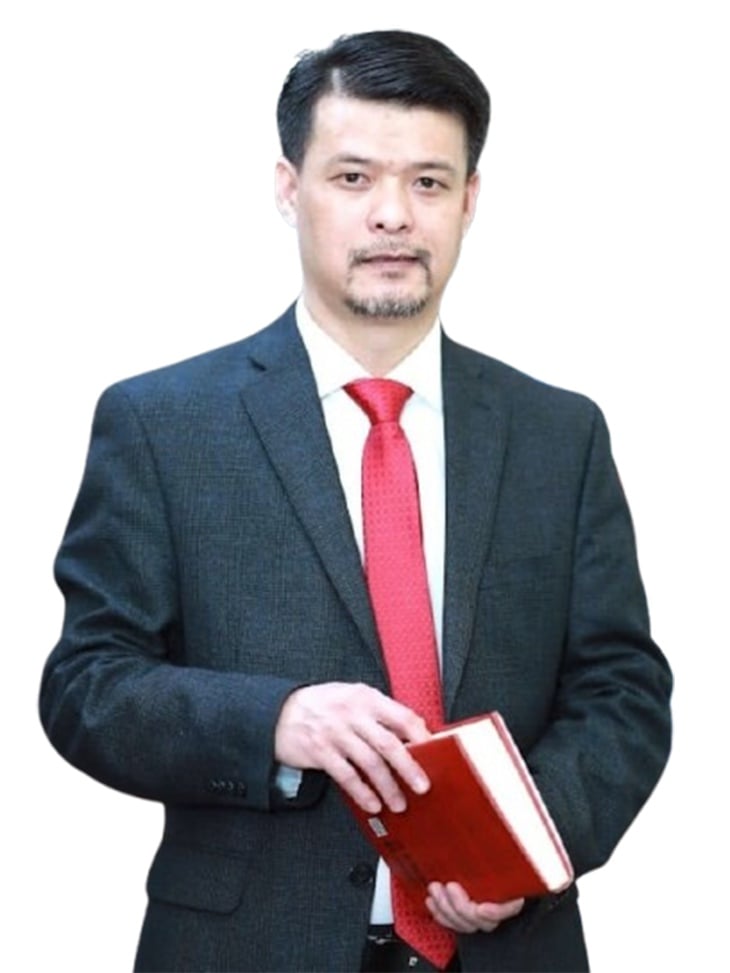
In the past, in our country there existed a view that being a cadre was a "lifetime career", and individuals often remained attached to their positions even when key leaders ended their terms.
Therefore, when a group of close friends based on family relationships, clans, hometowns, occupations... dominates the local political structure, it will create the risk of "official cronyism".
If not prevented, cronyism will continue to grow, and the most negative consequence is that it could turn the local political system into a vehicle of power for political interest groups.
Since 2002, arranging non-local leaders has been considered one of the solutions to innovate personnel work, mentioned in Resolution No. 11 of the Politburo "On rotation of leaders and managers", and then piloted in a number of centrally-run provinces and cities.
Accordingly, the secretary transferred from other places is also expected to help push back the phenomenon of "official cronyism" in the locality. Up to now, the above policy has always been consistently affirmed in Party documents related to personnel work.
The notable effect of the policy of assigning non-local secretaries is to train, challenge and develop leadership capacity.
The position of a leader in a new area will be a challenge for every staff member. And the unfamiliar working environment can motivate staff to improve themselves, strive to affirm their abilities, and create a foundation for higher promotion opportunities in the future.
* Associate Professor, Dr. NGUYEN TRONG PHUC (former Director of the Institute of Party History):
Prevent the risk of collusion with clans, families, and factions
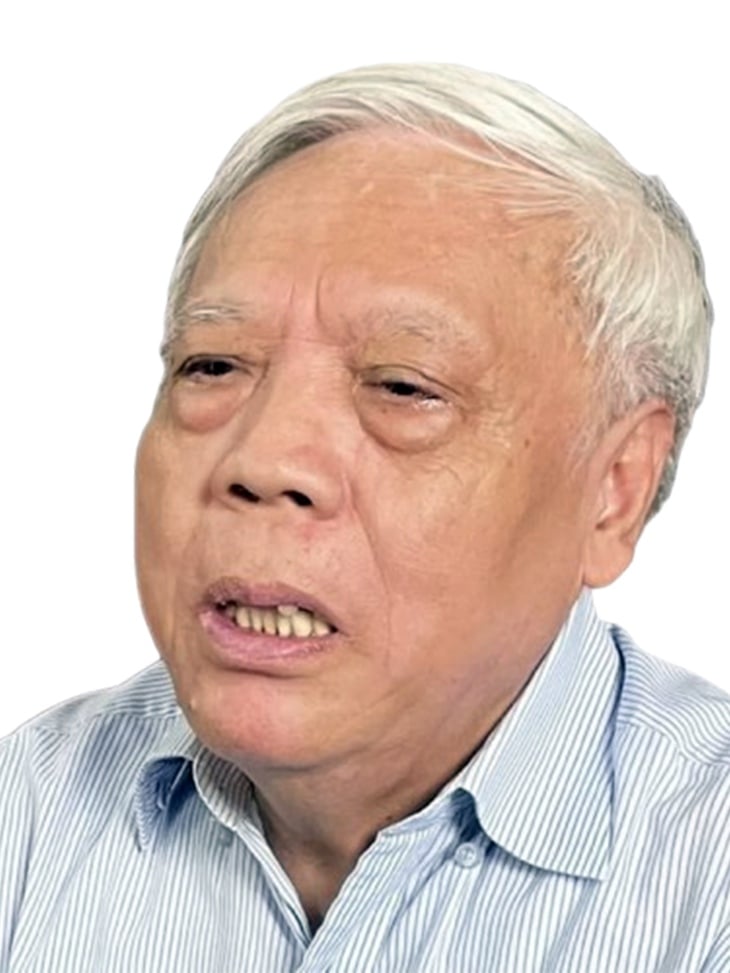
The Party's policy of rotating cadres was determined very early. During the Doi Moi period, from the 8th session, the Party Central Committee issued a resolution on cadre strategy in the period of promoting industrialization and modernization of the country, setting out the task of "rotating leaders and managers between regions, sectors and levels".
Next, the 9th Politburo also issued Resolution 11 on rotating leaders and managers from the central to local levels, and between localities.
Resolution 26/2018 of the 7th Central Conference of the 12th tenure also set a goal that by 2025, the provincial Party Committee secretaries must basically not be local people.
Looking back at the country's history, since the feudal period, rotation has been carried out very systematically. For example, during the reign of King Le Thanh Tong, the Hoi Ty policy clearly stated prohibitions such as the regulation that officials were not allowed to rule on their own homeland. Or were not allowed to marry or marry a local person in the place where they were in charge. Not allowed to buy land, gardens, fields, or houses in the locality they governed...
These are progressive administrative ideas to prevent bias, avoid constraints from clan, village, and private interests, and help the public apparatus operate transparently and impartially.
Therefore, the policy of arranging provincial and municipal party secretaries who are not local people is a continuation of the tradition and history of the nation and the Party. At the same time, it demonstrates the Party's determination and resolve to proactively build a "soft shield" against corruption, preventing from the root the risks of "backyards" and "group interests".
Doing this at the present time has many advantages. Among them, it makes the unity of the country clearer and everywhere is home. Even though born in this province or that city, the whole country is unified. When rotating cadres like this, it will promote the sentiment, responsibility, and talent of each person to contribute to different lands and hometowns.
Recent practice has also shown that many leaders who have been transferred to other localities have boldly resolved long-standing problems in their localities. They have a great advantage in objectivity and innovation, thereby bringing a new wind in governance, creating momentum for local development.
Thus, the significance of this policy is not only in fighting corruption, but also in creating conditions for localities to escape the vicious circle of localism, opening up more sustainable development momentum.
As General Secretary To Lam emphasized, in the coming time, it will be good to consider expanding other positions such as Chairman of the People's Committee, Head of the Inspection Committee... so that they are not local people.
I think that for key, permanent positions that are closely related to management issues in agencies and are prone to family and group interests, it is necessary to transfer and reassign staff from other places. This will be the way to overcome the negative aspects.
The most important thing in implementing this policy is to select the right cadres with qualifications, capacity, intelligence, moral qualities, exemplary behavior, good working methods, and proper implementation of the Party's policies and principles on solidarity and democratic centralism.
At that time, cadres, whether in this province or that, in the South or the North, still promoted their capacity and responsibility before the Party and the people, and fulfilled their assigned tasks well.
Source: https://tuoitre.vn/bi-thu-khong-la-nguoi-dia-phuong-ngan-tu-goc-tieu-cuc-san-sau-cuc-bo-2025100208072037.htm


![[Photo] General Secretary attends the parade to celebrate the 80th anniversary of the founding of the Korean Workers' Party](https://vphoto.vietnam.vn/thumb/1200x675/vietnam/resource/IMAGE/2025/10/11/1760150039564_vna-potal-tong-bi-thu-du-le-duyet-binh-ky-niem-80-nam-thanh-lap-dang-lao-dong-trieu-tien-8331994-jpg.webp)
![[Photo] Opening of the World Cultural Festival in Hanoi](https://vphoto.vietnam.vn/thumb/1200x675/vietnam/resource/IMAGE/2025/10/10/1760113426728_ndo_br_lehoi-khaimac-jpg.webp)

![[Photo] Discover unique experiences at the first World Cultural Festival](https://vphoto.vietnam.vn/thumb/1200x675/vietnam/resource/IMAGE/2025/10/11/1760198064937_le-hoi-van-hoa-4199-3623-jpg.webp)


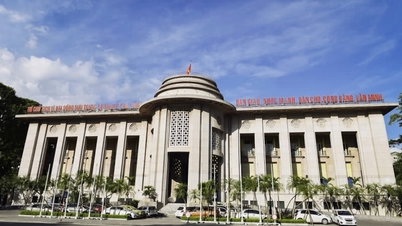

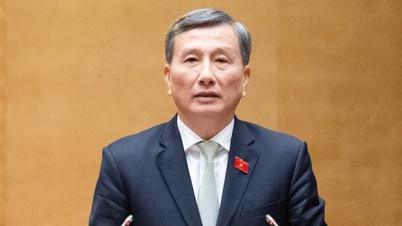

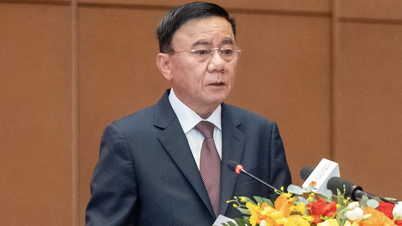
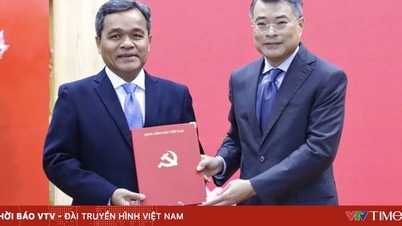

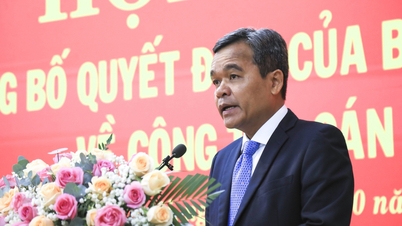

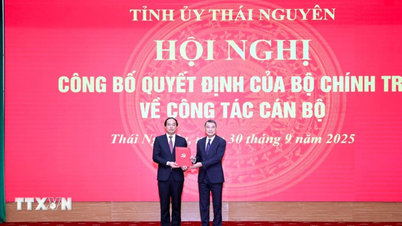

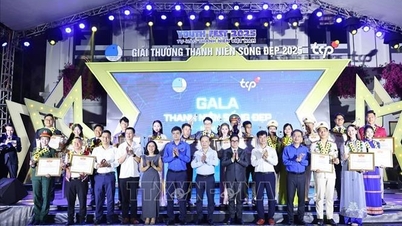
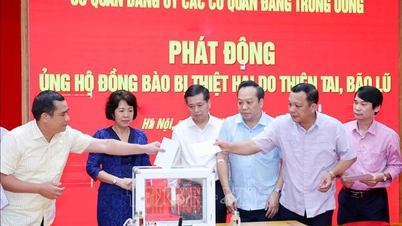



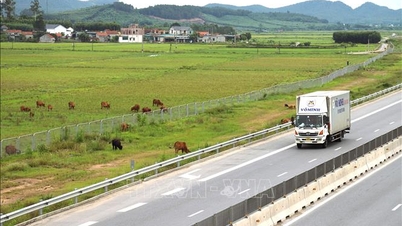




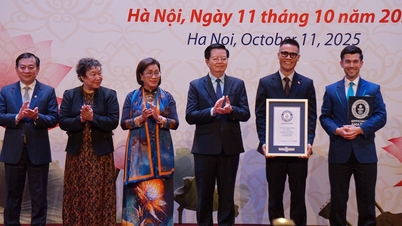
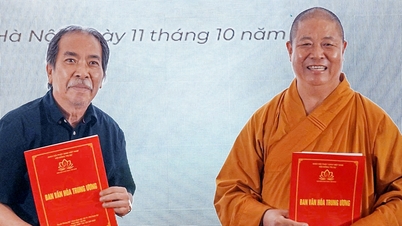


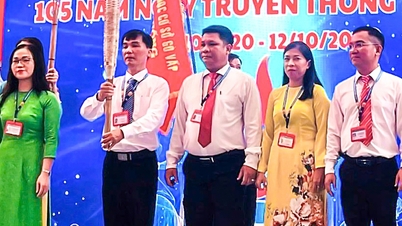
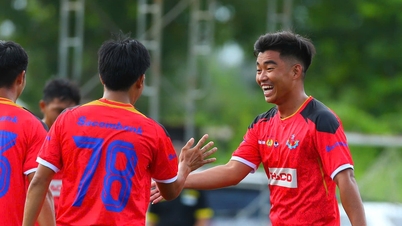
![[Photo] Ho Chi Minh City is brilliant with flags and flowers on the eve of the 1st Party Congress, term 2025-2030](https://vphoto.vietnam.vn/thumb/1200x675/vietnam/resource/IMAGE/2025/10/10/1760102923219_ndo_br_thiet-ke-chua-co-ten-43-png.webp)

































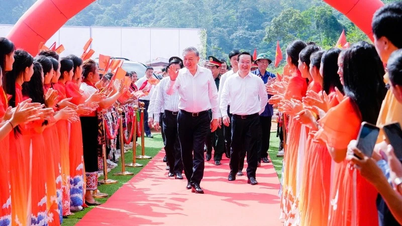




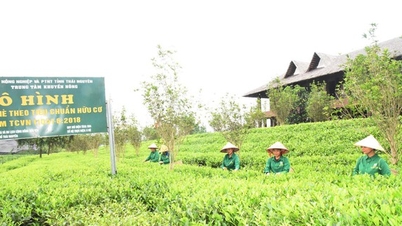
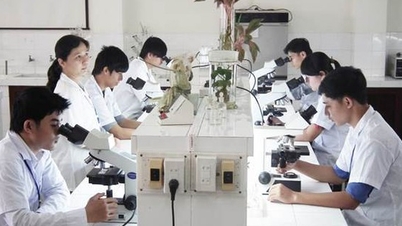



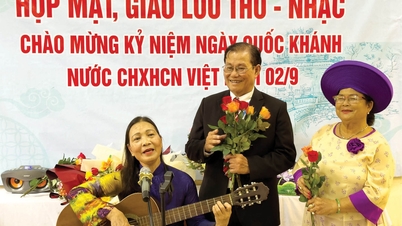


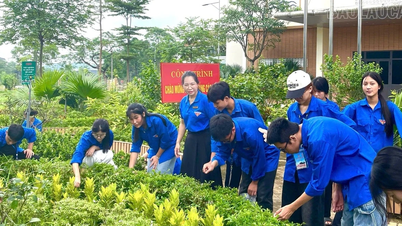
















Comment (0)